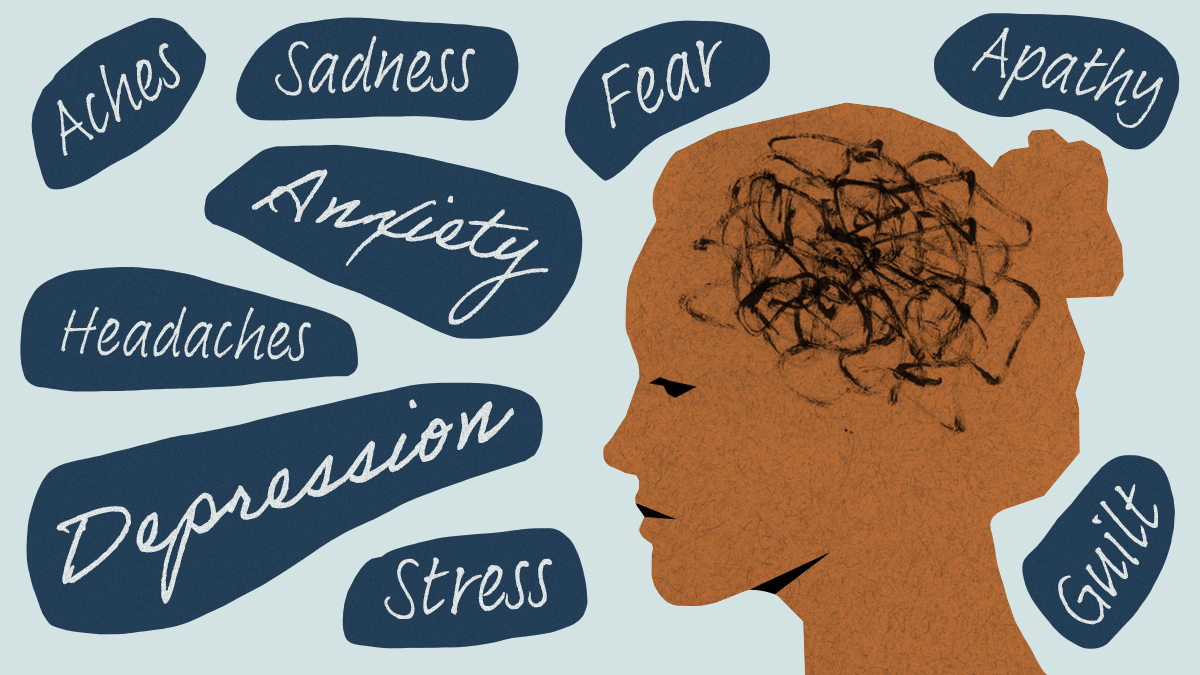
Mind Matters
Curing mental health through psychological support.
Socialize with random people
Read blogs about Good health
Consult with professionals
Chill out with interesting jokes
Common Mental Health Issues
Addiction
The word “addiction” is often used to refer to any behaviour that is out of control in some way. People often describe themselves as being addicted to, for example, a TV show or shopping. Addiction changes the brain in fundamental ways, disturbing a person’s normal hierarchy of needs and desires, and substituting new priorities connected with procuring and using drugs
Depression
Imagine depression as a weather forecast for your mood. There’s a 100% chance of clouds and showers on Monday. Tuesday, too. Wednesday looks just as grim. Actually, the next two weeks show nothing but storms. You’re stuck in this crappy weather pattern and there seems to be no relief in sight. You might feel alone, but you have lots of company. Depression—or major depressive disorder (MDD), the term for clinical depression—is one of the most common mental health conditions, affecting an estimated 350 million people in all age groups.
Autism
Autism is one of the most mysterious and confusing disorders facing families and clinicians today and unfortunately the prevalence is growing at an alarming rate. Although diagnostic criteria are established in the Diagnostic and Statistical Manual of Mental Disorders (DSM),1 the handbook used by health care professionals in the United States to assist in the diagnosis of mental disorders, diagnosing autism is often a complicated process.
ADHD
Attention deficit hyperactivity disorder (ADHD) is a neurodevelopmental condition affecting both children and adults (yup, it’s not just a kid problem). 1 In fact, about 8 million adults in the US are living with the condition, and according to data compiled by the CDC, the estimated number of children diagnosed with ADHD is 6.1 million.
Anxiety
Feeling a little nervous or worried now and then is totally normal. It’s like a warning light signaling that something might go wrong. But, when that light gets stuck on or flashes for no reason, like it does if you have an anxiety disorder, that’s not helpful.
Schizophrenia
In the world of brain disorders, schizophrenia is one of, if not, the most complex. It affects about 2.4 million Americans. While the symptoms vary from person to person, relapses are sadly very common for everyone.
Featured Blogs
Why Should You Read A Blog?
Mental illness is real and it isn't always in a person's control. People who live with mental health conditions are not alone-there is hope. Patients, caregivers and even psychologists are using blogs and other social media to boost understanding, share resources, fight stigma and help each other - and themselves.